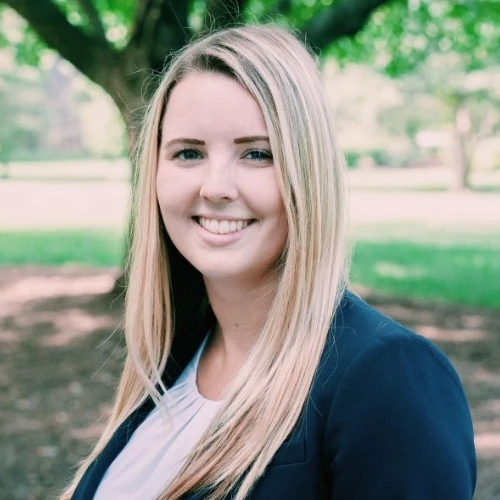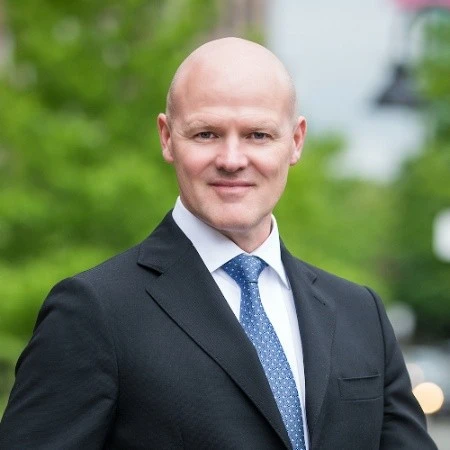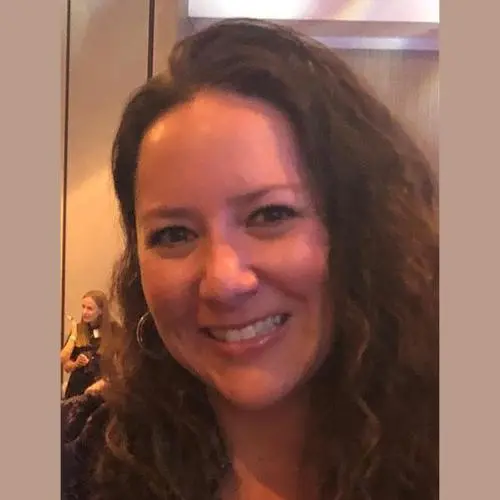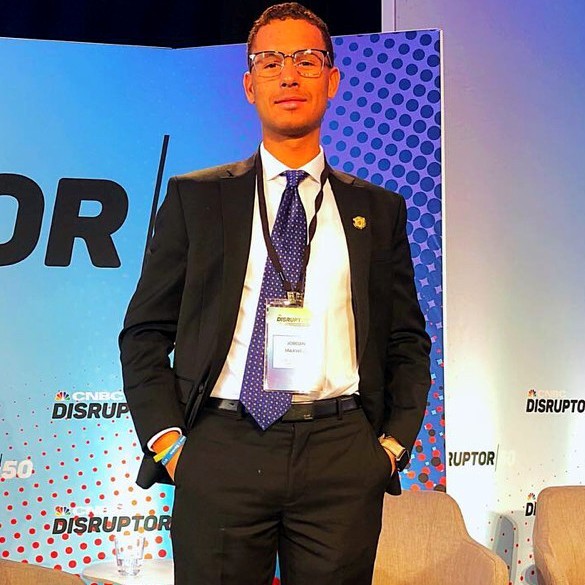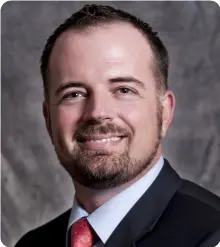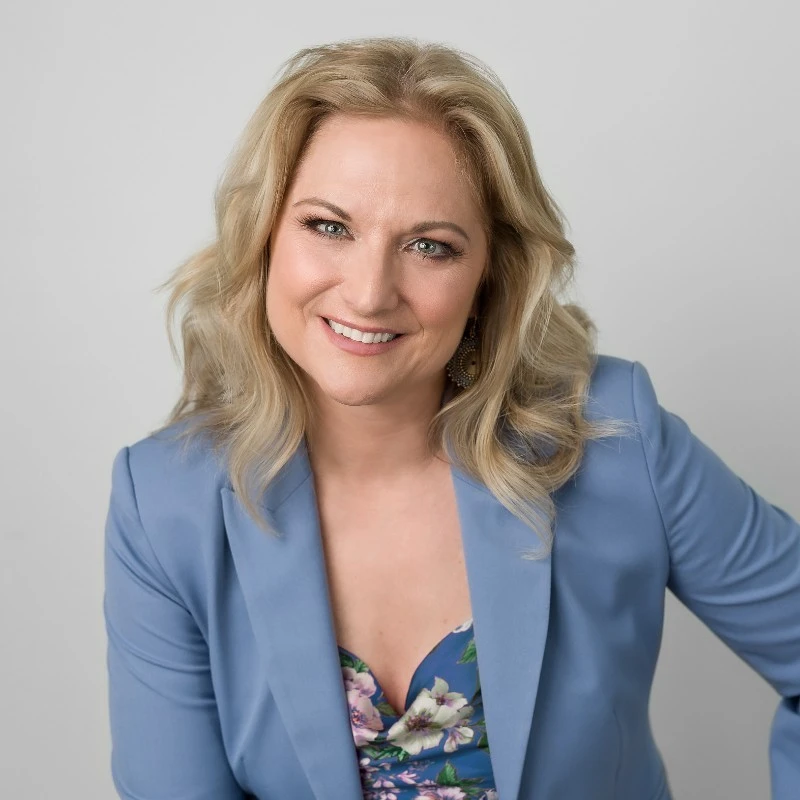Choosing Happiness — A Skeptical View
Choosing Happiness — A Skeptical View
Hi, I’m Paul Krismer. I’m your happiness expert, and this week’s video is all about the degree to which we get to choose to be happy. I have to admit, I don’t like it. In fact, I absolutely hate it when people say, “happiness is a choice.” It comes laden with all this judgment and lack of compassion that says people who aren’t happy, they are themselves to blame. As though no matter what our circumstances were external to our inner life, well, we should always be able to choose to be happy. It’s as though saying the cutlery I’m going to choose from my dining room table set is a choice. Well, my happiness is just a similar choice. And that is, unless you’re some kind of Buddhist saint, and you can say, “Oh, I have perfect enlightenment and composure and contentment with all circumstances at all times.” That ain’t gonna be you being happy if you’re sick and poor and oppressed. When your relationships are in just turmoil, you’re probably gonna be less than happy, and we should compassionately say, “I get that, that makes sense.”
Now, having said all that, are there outlooks on life that sometimes we get carried away on where we might have more choice? It’s not easy because there’s this thing called the negativity bias. This idea that we’re going to focus on the things that hurt us emotionally, threats that cause us to be fearful, or the absence of other people that make us feel lonely. And all of those things helped us evolve as a species so that we paid attention to the stuff that hurt and learn from it. The negativity bias served a good evolutionary purpose, but from a modern-day perspective, it often sucks because it’s hard to be happy when we’re focused on the negative stuff. I want to use the current circumstances of life today as an example of just that. Think of COVID. COVID is hard to be happy in. We’re two years into this pandemic. Every day there’s some new bad news story. Every day there’s another lockdown. Every day there’s more deaths and more people getting sick and health care systems that are overwhelmed. And all that’s true, and it’s depressing, and it’s isolating, and we’re working remotely, and we’re not connected with the people we love, and we’re scared to travel and scared to go to the concerts, and on and on and on and on. True, reasonable that we would be feeling less than happy. And yet, are there facts on the ground that could give us a different perspective on things like COVID, that would then give us, to that degree, more choice to be happy? And in this video, my argument is, yes, there most definitely is. So stay tuned, and we’re going to talk about the evidence of choice and happiness.
As a coach, public speaker, and best-selling author, I teach topics just like this one all around the world. So stay tuned, and I’ll give you practical tools that you can use to make both yourself and those around you both happier and more successful. So look, I’m a science guy. I believe in science. I’m not cynical, but I am skeptical. I want to be convinced. I want to see evidence and facts that support my point of view. And even from a happiness perspective, I very often in these videos lean on the science and the strength of research being done by other people in order for me to come to you and teach you things about the practical application of science. And so even when it comes to COVID, hey, I’m pretty scientific. I follow the news quite closely. I believe in the public health guidelines. I believe vaccinations work. I believe public masking works. I believe that hand washing and controlling our risk in our viral environments are all helpful things. I also believe genuinely that this is a real scourge on the earth. Thousands, millions of people have suffered as a result of COVID. People have reasons to be unhappy with the pandemic. And yet, here we are.
In a new environment, Omicron is now the dominant variant. It’s out-competed all other variants. Delta is a forgotten variant from yesterday, and this new virus that’s come along, this new variant that’s come along, is incredibly transmissible. So it’s out competed Delta and other variants at a magnificent rate such that everybody’s getting sick with Omicron at once. Bad thing, healthcare systems under stress, no doubt about it, it’s not fun. And yet,
The evidence is that Omicron is a very minor version of COVID. And we could lean on the old things that we knew about COVID and say, “Oh my goodness, it’s terrible. Everybody’s going to die, and there’s these huge risks, and we should all stay at home,” and all that and avoid spending time with each other. But the evidence coming out of the UK is that the United Kingdom had the virus, the Omicron variant, about four weeks before North America. So it’s already peaked, and we’ve got great data, great statistical analysis. It’s very clear there that the severity of Omicron is minor relative to previous variants. It’s just not very severe. I had it last week. It was a modestly bad cold. I’ve had much worse. And I know lots of people elsewhere have gotten pretty sick, and people who have comorbidities and serious risks, this is still a serious condition for them. But for the vast, vast majority of us, if you look at it at scale, if you look at it from a statistical perspective, this is a minor condition. Now here’s the other kicker though because it’s so transmissible, and the volume of people getting sick at once is so high, it’s put our healthcare systems under stress. People with comorbidities and the relatively incredibly minor number of unlucky few who didn’t have comorbidities but got very, very sick. Our healthcare system is under stress, and we want to do what we can to make sure that that system works for everybody who needs it, both for COVID treatment and whatever other reason why they might need to access the healthcare system. And so to that degree, we want to flatten the curve and continue to do the right things to manage the pandemic. But, and here’s the big but, there’s a huge ray of light, a golden thing that we can all latch on to now and say, “My goodness, the COVID variant that we’re now dealing with is minor. Once we get through this current rush and the stress on the healthcare system, we should see a massive diminishment in the seriousness of this pandemic.”
Now, some people won’t want to lean into this. They will want to lean into the fear and say, “Well, Omicron’s not predictive of what’s going to happen tomorrow, and we just don’t know yet, the data is not all in. And there might be some other variant that comes along that’s much, much worse than Omicron,” and all those things are possibly true. There’s no evidence to lead to it, and in fact, if we look at past evidence, we’d say, you know, the Spanish flu that killed 50 million people 100 years ago became endemic like the COVID will, and it’s now just kind of a seasonal flu. Very few people get sufficiently sick about it that we would change the way we live in society, even though some people obviously do die, a lot of people. But we don’t run our lives based on the flu that was first aware in our societies 100 years ago. Now, asteroids could hit the earth, it could happen. But where would I want to lean in terms of my pursuit of evidence? Where would I want to look for my way to live my life? Yes, we need to flatten the curve. We need to manage these next four to six, to maybe eight weeks in North America, and then we’re going to be in something new and that is really good news.
From a perspective of being happier, consider for example the craziness here in the United States where a whole bunch of people think that Donald Trump had the election stolen from him in 2020. They look in their little echo chambers and look for the evidence of that and they get all kinds of stories and theories that support that belief. It gets darker and darker and more pessimistic, and then they believe that there’s great injustice in the world, that democracy is under threat, that the rightful president is not in the White House, and they maybe need to actually bear arms and fight for democracy, right? That’s one perspective and it’s damn right scary.
Then there’s the other one that said if we could invite people to just be open-minded to the idea that the correct president is in the White House right now, that Joe Biden really did win the election. If we were skeptical and dug and wanted to really know what was happening in the real world, we would find reasons to be optimistic. That’s the point of this video. Whether it’s COVID or democracy in America, we need to simply be able to say, “How can I lean into evidence, real skeptical evidence, stuff that’s not based in fantasy, and say, how can I look into the more optimistic view of how the world really is?” To that small degree, happiness is a choice. It’s a choice even if you’re not a Buddhist saint.
So with that, thanks for watching. Click the like button if you like this kind of content and share this video with your friends and family if you think they might benefit from it. Thanks for watching. See you next time. Bye for now.

